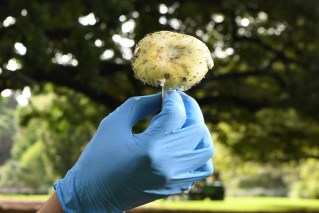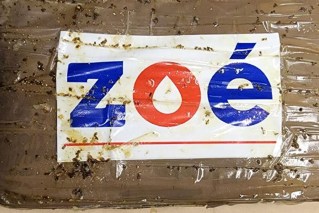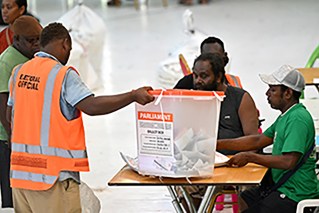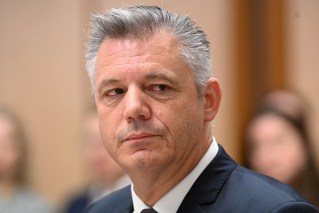WHO calls urgent meeting over worrying S African COVID variant

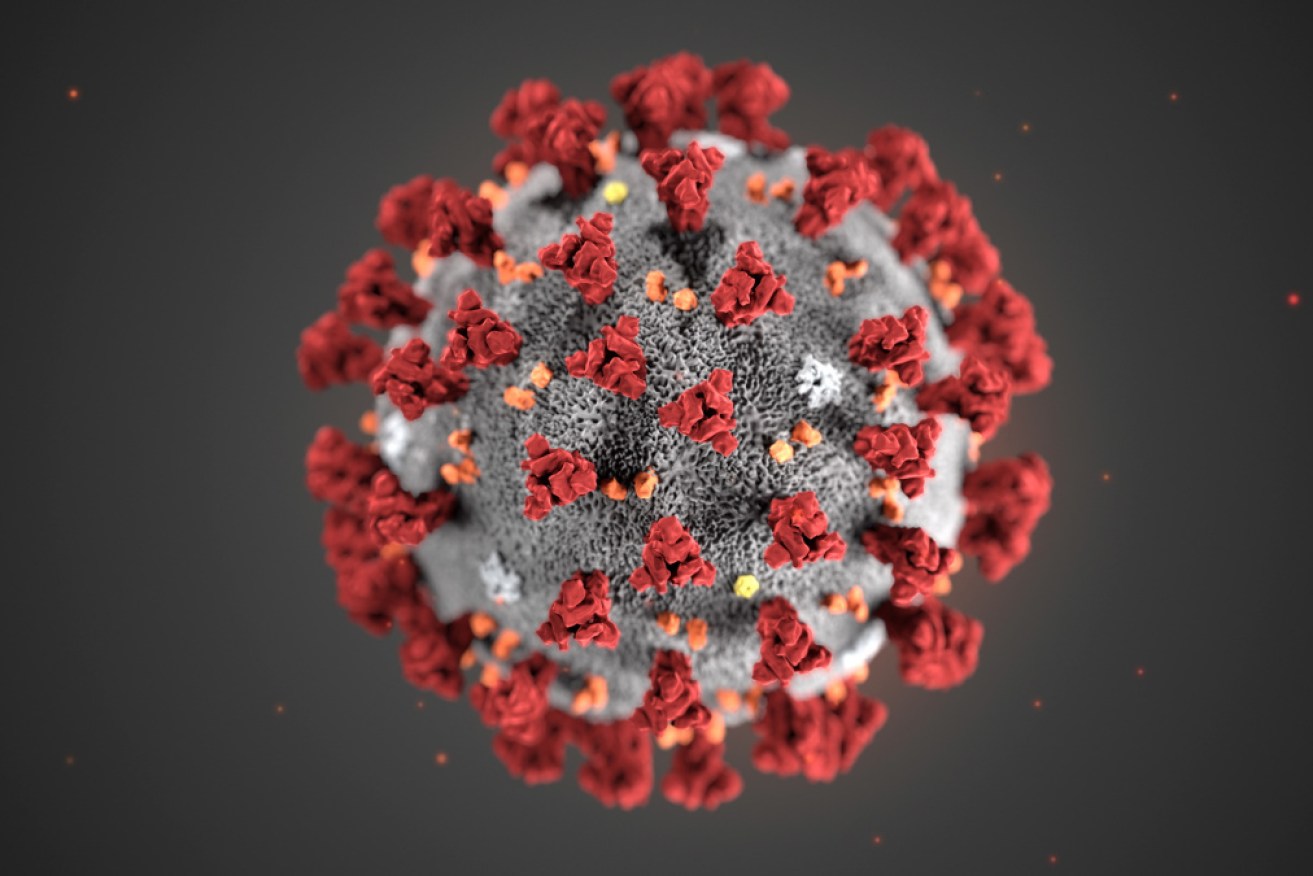
Scientists say the new COVID-19 variant B.1.1.529 has a "very unusual constellation" of mutations. Photo: EPA
The World Health Organisation has called an urgent special meeting to learn more about a new coronavirus variant spreading rapidly through South Africa, described as “the worst one yet”.
The WHO will meet on Friday to discuss what the variant – called B.1.1.529 – might meant for vaccines and treatments, officials said.
“We don’t know very much about this yet. What we do know is that this variant has a large number of mutations. And the concern is that when you have so many mutations, it can have an impact on how the virus behaves,” Dr Maria Van Kerkhove, WHO’s technical lead on Covid-19, said.
The variant has also been found in Botswana and Hong Kong.
Britain’s Health Security Agency said no cases of the variant had yet been detected in Britain and it was in contact with South African colleagues over their data.
However, Britain has already moved to place South Africa under red list travel restrictions. It will ban flights from six African countries, including South Africa, from midday Friday (local time).
Israel has also slapped bans on travel from South Africa, Lesotho, Botswana, Zimbabwe, Mozambique, Namibia and Aswatini.
The new variant, which is still spreading in small numbers, has health officials worried because it has twice the mutations of the Delta variant, including some associated with evading immune response.
Officials characterised the variant as the “worst one yet”.
“What we do know is there’s a significant number of mutations, perhaps double the number of mutations that we have seen in the Delta variant,” Britain’s Health Minister Sajid Javid said.
“That would suggest that it may well be more transmissible and the current vaccines that we have may well be less effective.”
Britain’s HSA said the variant had a spike protein that was dramatically different to the one in the original coronavirus, on which COVID vaccines are based.
Lab studies are needed to assess the likelihood of the mutations resulting in greatly reduced vaccine efficacy, scientists said.
British government sources said the variant posed “a potentially significant threat to the vaccine program, which we have to protect at all costs”.
Earlier on Thursday, South African scientists said they had detected the COVID-19 variant in about 100 specimens and were working to understand its potential implications. Most cases are in the country’s Gauteng province.
As many as 90 per cent of new cases in Gauteng could be B.1.1.529, scientists believe.
“Although the data are limited, our experts are working overtime with all the established surveillance systems to understand the new variant and what the potential implications could be,” South Africa’s National Institute for Communicable Diseases said in a statement.
The variant has a “very unusual constellation” of mutations, which are concerning because they could help it evade the body’s immune response and make it more transmissible, the scientists said.
Health Minister Joe Phaahla said it was too early to say whether the government would impose tougher restrictions in response to the variant.
South Africa was the first country to detect the Beta variant last year.
Beta is one of only four labelled “of concern” by the WHO because there is evidence that it is more contagious and vaccines work less well against it.
The country detected another variant, C.1.2, earlier this year but it has not displaced the more common Delta variant and still accounts for only small percentage of genomes sequenced in recent months.
-with AAP



